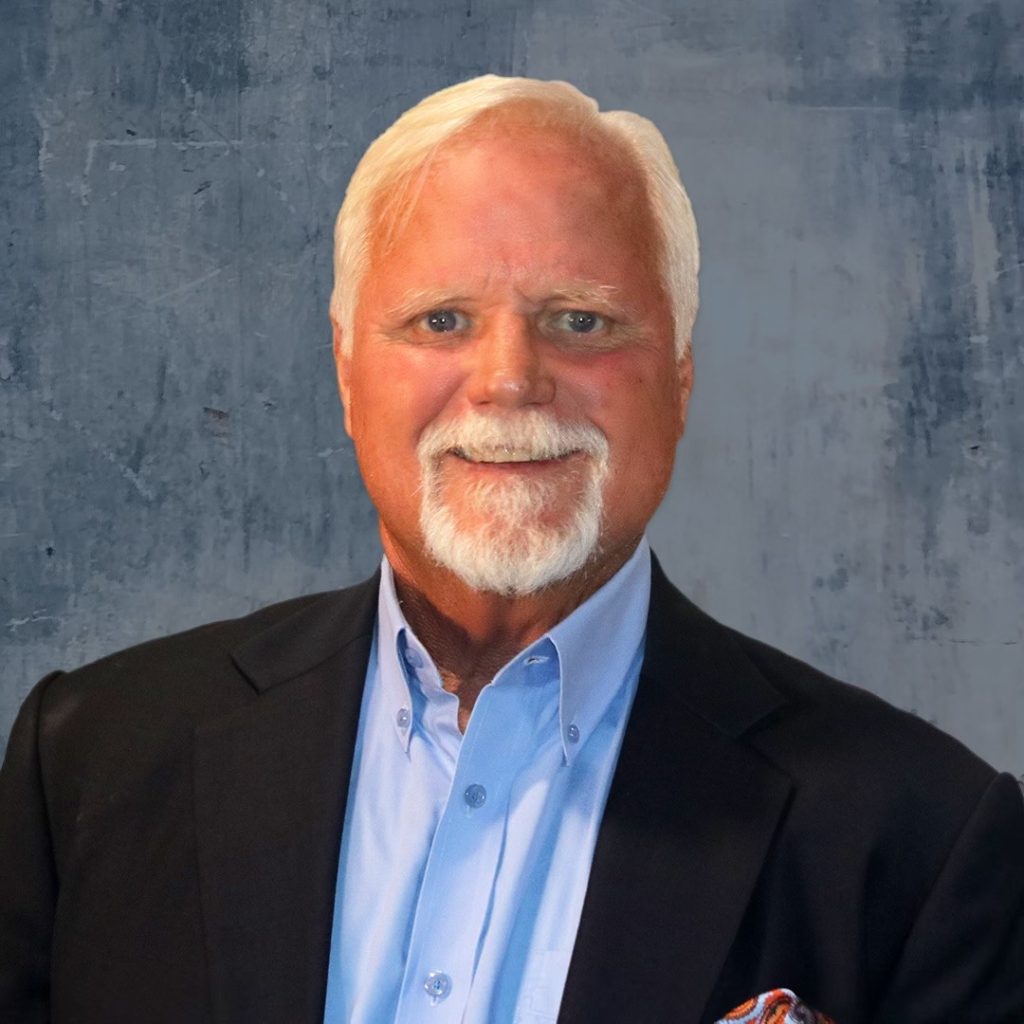By Sarah Nicastro and Scott De Long, Ph.D, author of I Thought I Was a Leader: A Journey to Building Trust, Leading Teams & Inspiring Change
I have a lot of respect for people who prioritize continual learning and personal development rather than reaching a point where they relish in the complacency that even success brings.
When you consider how the talent landscape has evolved in service, and across many other industries, it requires leaders to reflect on what it takes to lead well in today’s circumstances – not those of yesteryear. Whether this is navigating external challenges, like COVID or the economy, redefining traditional roles based on the modern possibilities of technology, or simply balancing the needs of an increasingly diverse team; leaders are being called to level up.

Scott De Long, Ph.D, author of I Thought I Was a Leader: A Journey to Building Trust, Leading Teams & Inspiring Change, wrote his book to reflect on his approach to leadership. Scott is a speaker, educator, and serial entrepreneur with three successful company exits and a doctorate in leadership studies. He teaches practical applications at the university level and, as CEO of Lead2Goals, he provides coaching for growth-oriented organizations. Additionally, he co-hosts The CEO Podcast, discussing pivotal topics for business leaders.
In this Q&A, Scott weighs in on what he feels is helpful in leading a multi-generational workforce.
Future of Field Service: Gen Z often receives negative labels or reputation. What does this perception say about how our thinking needs to evolve?
Scott: The negative perception is that they won't stay long at a company, and that they really don't want to work. Where we can change this is by providing the type of environment and leadership that fosters their desire to stay. They are seeking organizations that prioritize environmental sustainability, diversity, and offer ample opportunities for personal and professional growth. Leadership must actively listen to their concerns, rather than ignoring or dismissing them, if we aim to cultivate a thriving workplace.
Future of Field Service: What do leaders know about the differences in communication style among generations?
Scott: Millennials and Gen Z are generally more comfortable with technology, having grown up with devices at their fingertips and communicating through text-based platforms. There's often a perception among them that older generations have not fully embraced technology, leading to a divide. This is an area where older individuals can play a crucial role in emphasizing the value of face-to-face communication. It's important to recognize that digital communication may not effectively handle conflicts or differences of opinion; such interactions are better suited for face-to-face discussions or phone calls. Therefore, it's our responsibility to educate rather than simply expect them to adapt.
Future of Field Service: What should leaders keep in mind about what each generation is motivated by?
Scott: It's tempting to categorize generations and make predetermined assumptions about what motivates them. However, the reality is that leaders must invest time in understanding the unique needs and values of each individual under their guidance. While this approach requires patience, the rewards of treating people as individuals and actively listening to them are invaluable. Building such relationships fosters longer-term loyalty to the organization and stronger interpersonal connections, ultimately leading to increased productivity and a more robust organizational culture.
Future of Field Service: Mental health is an important topic in the workplace today – how do the needs differ among generations?
Scott: Again, if we were to generalize, we might observe that Gen Z and even millennials tend to experience feelings of being "overwhelmed" more frequently compared to older generations who were often instructed to simply "deal with it." While there may be assumptions about the greater resilience of older generations, I don't necessarily subscribe to that belief. Older generations were often taught to suppress emotions, whereas younger generations tend to express their emotions more openly. I believe everyone faces challenges, and it's crucial for us to strive to understand the needs of our people. It's akin to therapy for businesses. By engaging in open conversations, actively listening to our employees, and seeking to understand their perspectives, we can mitigate the impact of the mental health crisis by helping individuals navigate through their struggles.
Future of Field Service: What advice do you have for leaders on how best to meet the diverse needs of a multi-generational team?
Scott: Similar to the previous point, the first step for leaders is to comprehend the issues faced by our team members. This requires empathetic listening—asking insightful questions, attentively listening to responses, and striving to understand their perspectives. Only then can we discern how best to support them. However, I contend that empathic listening itself constitutes a significant portion of that support. People need to feel heard in order for solutions to be effective.
Future of Field Service: What works in terms of fostering collaboration and a sense of camaraderie among teams with multiple generations?
Scott: Spending more time together, even if it's virtual, is crucial for fostering collaboration and a sense of camaraderie among teams with multiple generations. This time should be dedicated to getting to know each other as individuals rather than just focusing on job functions. Every meeting should serve a purpose, and I believe that purpose can include allowing time for team members to see each other and actively listen to one another. This approach is essential for meeting them where they are and building stronger connections across generations.
If you’d like to hear more from Scott, visit http://scottdelong.net or catch Scott’s show Lead2Goals and TheCEOpodcast on YouTube. You can also stay updated with Scott on Instagram @scottdelongphd.